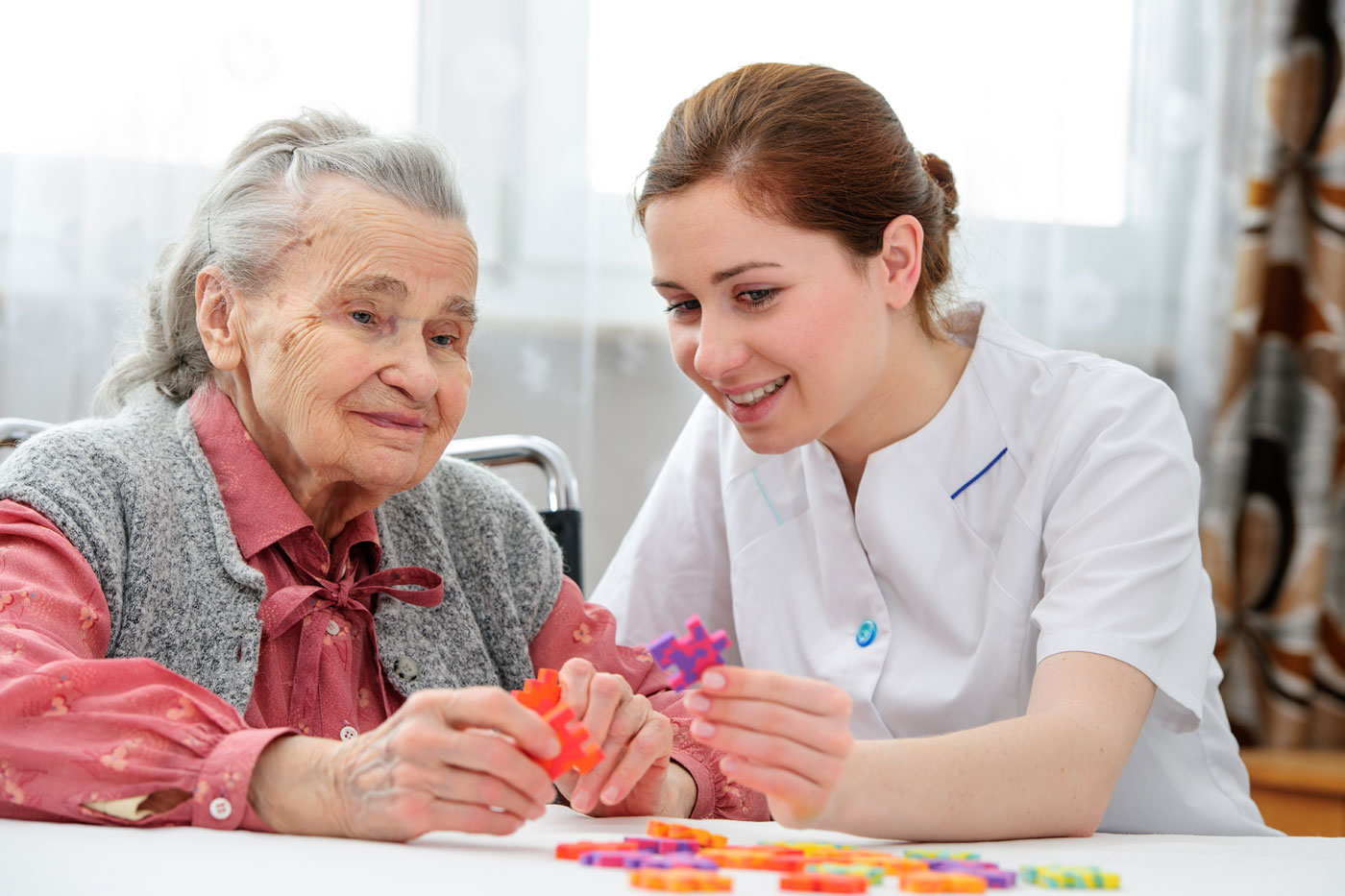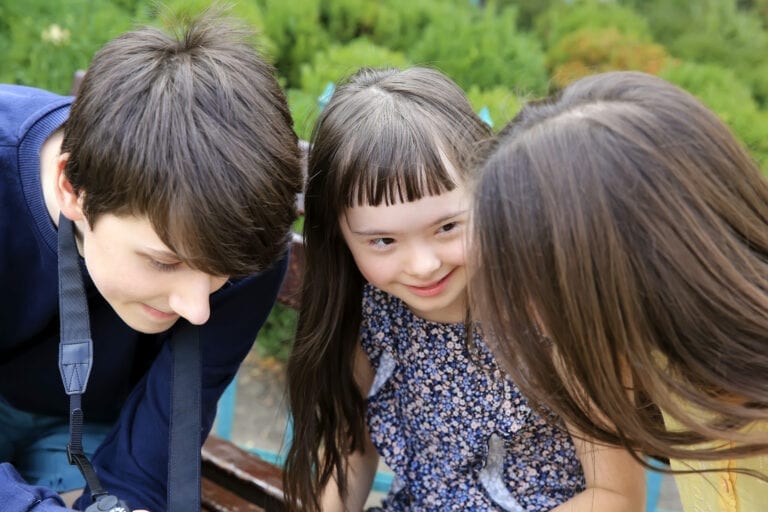As we grow older, managing everyday tasks and maintaining independence becomes increasingly difficult. Whether it’s due to a physical or cognitive impairment, many older adults eventually require assistance with daily activities to continue living at home. Caregivers can provide this assistance, helping older adults to maintain their quality of life and remain in the comfort of their own homes.
What is a Caregiver?
A caregiver is a trained professional who assists individuals unable to fully care for themselves due to age, illness, or disability. They can provide a wide range of services, including assistance with activities of daily living (ADLs), such as bathing, dressing, and grooming, as well as instrumental activities of daily living (IADLs), such as managing finances and taking medications. Caregivers can also provide emotional support and companionship and may be able to provide transportation to medical appointments and other errands.
There are different types of caregivers:
- Family Caregivers: Family members or loved ones who provide care to a loved one without receiving any financial compensation.
- Professional Caregivers are trained individuals who are paid to provide care to older adults and other individuals in need. They work for home care agencies, nursing homes, and other care facilities.
Types of Home Care
Home care services can be provided full-time, part-time, or as needed. Several different types of home care services are typically offered, including:
- Personal Care: Personal care services include assistance with activities of daily living (ADLs) such as bathing, dressing, and grooming. Caregivers can also assist with toileting and incontinence care.
- Homemaking: Homemaking services include assistance with light housekeeping, such as laundry and cleaning, meal preparation, and grocery shopping.
- Companion Care: Companion care services include companionship, conversation, and assistance with hobbies and other leisure activities. Caregivers can also provide transportation to appointments, events, and other outings.
- Skilled Care: Skilled care services include nursing and rehabilitation services typically provided by licensed professionals. This care may be needed for individuals with chronic medical conditions or following an illness or injury.
Why You Need a Caregiver?
There are many reasons why older adults may require assistance with daily activities. Some common causes include:
- Physical impairments: As we age, it becomes increasingly difficult to perform physical tasks, such as bathing and dressing, due to chronic conditions like arthritis or Parkinson’s disease.
- Cognitive impairments: Older adults with dementia or Alzheimer’s disease may have difficulty with memory, decision-making, and other cognitive skills, making it difficult to manage daily activities.
- Safety concerns: Falls and other accidents are common among older adults, and many older adults require assistance to stay safe and avoid injuries.
Benefits of Having a Caregiver
- Maintaining Independence: One of the most significant benefits of having a caregiver is that it allows older adults to maintain their independence and continue living in their own homes. Older adults can continue performing daily activities and managing their care with assistance from a caregiver.
- Improving Quality of Life: When older adults cannot perform daily activities independently, they may become isolated and depressed. Caregivers can provide emotional support and companionship, improving the overall quality of life. They can provide conversation, assist with hobbies and other leisure activities, and transportation to appointments, events, and other outings.
- Safety: Having a caregiver can greatly improve safety for older adults. Caregivers can help prevent falls and other accidents and assist with mobility and other physical tasks. They can also help manage chronic medical conditions and ensure that medications are taken properly.
- Peace of Mind: For family members caring for an older loved one, having a caregiver can provide peace of mind. Caregivers can assist with managing daily tasks and help ensure that older adults are safe and well-cared for, which can greatly reduce the stress and anxiety of family members providing care.
- Cost-effective: In-home care can be a cost-effective alternative to nursing homes or assisted living facilities. It allows older adults to continue living at home, where they may be more comfortable and familiar, and it can also be less expensive than other types of long-term care.
- Continuity of Care: Professional caregivers working for home care agencies provide continuity of care. You can have peace of mind that your loved ones are receiving the consistent care they need. When working with a professional home care agency, you can have confidence that your loved one’s care will be supervised and coordinated by experienced professionals.
In conclusion, having a caregiver can greatly benefit older adults needing assistance with daily activities, allowing them to maintain their independence and improve their quality of life while ensuring their safety and well-being. Caregivers can provide emotional support, and companionship and help alleviate the burden of daily tasks on family members. They can also provide continuity of care and help to manage chronic medical conditions. Additionally, home care can be a cost-effective alternative to nursing homes or assisted living facilities.







